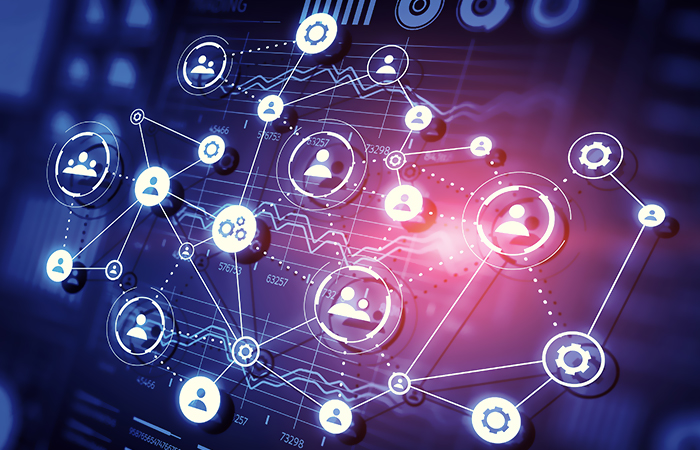Top News
ADVANTARY CEO ROUNDTABLE

A vaccine cannot save organization; what is needed is an integrated approach of both technologies and organizational measures
The Coronavirus pandemic has affected every aspect of our lives and it has changed profoundly the way we live and work. It has been a crisis that has forced us to act immediately without considering with enough attention some aspects: one of these is cybersecurity. With the continuous adoption of IT systems (computers, telecommunication networks, tablets, smartphones, and networks of IoT devices) and the rising culture of remote working, we must protect ourselves from cyber threats.
NEW CHALLENGES
New challenges have been added on the cybersecurity front due to digital revolution and technologies 4.0. With the introduction of modern technology, the door to novel cybercrime opens. In an ever-changing scenario, the best solution is to continuously raise risk awareness and simultaneously implement best practice solutions.
What is needed is an actual shift to digital. We have shifted from analog problems to cyber risks in a matter of few years.
One of the main challenges we face about cybersecurity is ensuring that the digital ecosystem can evolve with an advantage for organizations that cyberdefend and not cyberattack.
2020 “CYBER TRENDS”
In 2020, the cybersecurity system unfortunately did not show a very optimistic scenario. In fact, the pandemic’s year saw a rapid increase of the cyber attacks’ sophistication due to the techniques that make defense increasingly complex, placing risk on even the most experienced users.
Forty-six percent of small and medium enterprises have suffered a ransomware attack, with a twenty-eight percent increase during 2020. The majority of attacks cover phishing, social engineering, compromised accounts, malware, and malicious codes.
According to the Report of the Italian Association for Information Security, the systems most affected are:
- Windows: reports on ransomware +715%; exploits +405%; banking trojans increased sevenfold over 2019.
- Android: banking trojans +30%; malware that sends SMS increases.
- IoT devices: attack reports +46%, including more than 55% for port scanning; attempted password theft represents 22% of all home network attacks.
- Email: +18%; email is the primary vector for launching an attack or scam to collect sensitive user information. Covid-19, travel and online dating are the main topics used.
WHAT’S NEXT?
In 2021, cyber-attacks are expected to increase with the rise of smart (remote) working. Moreover, the frequent use of personal devices and connections to home networks that are not adequately protected will in turn lead to an increase in risks.
All the analysis confirm that we are facing a real Cyber Pandemic that spares no one: companies, public bodies, critical infrastructures, schools, and private users. Cybersecurity is a critical factor for businesses that must be kept carefully under control. This point is reinforced by the need to meet the requirements of the latest national and international regulations on critical infrastructures protection.
RESI S.p.A
 ENG
ENG  ITA
ITA 


